Science worksheets activities for Ages 7-8
12 filtered results
-
From - To


Animals and Plants: Assessment 2 Worksheet


Animals and Plants: Assessment 1 Worksheet
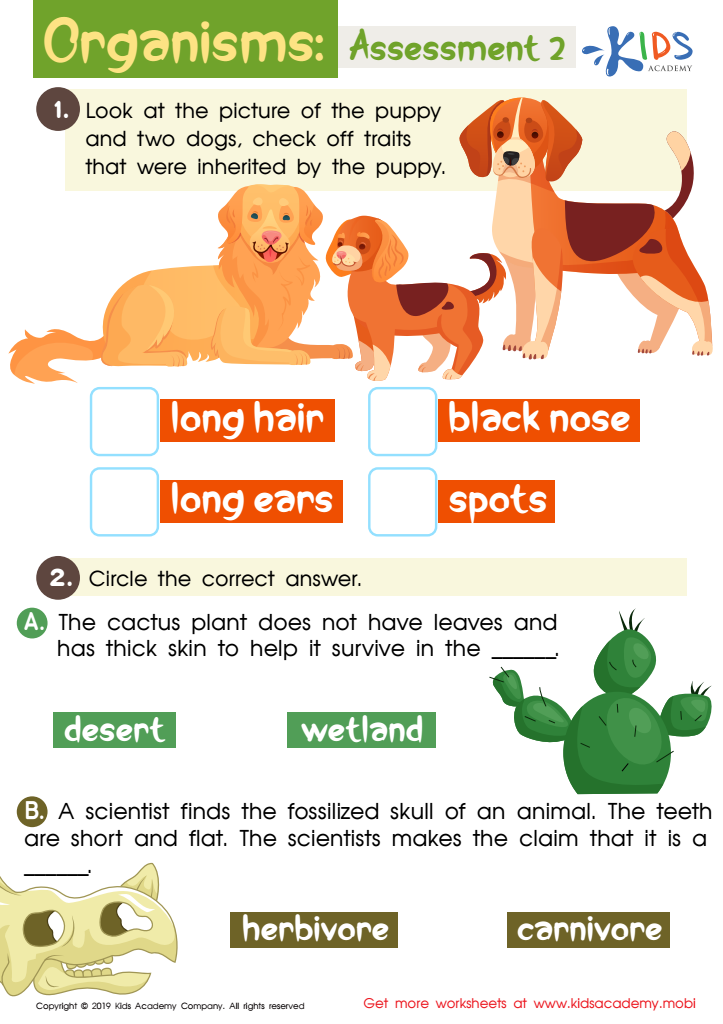

Organisms: Assessment 2 Worksheet
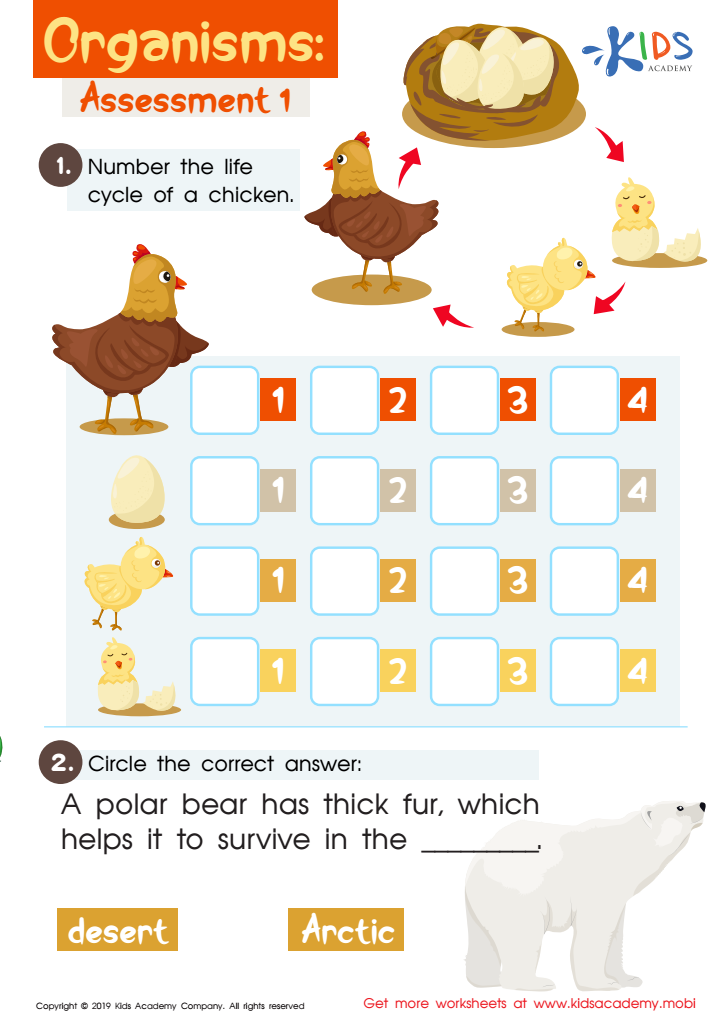

Organisms: Assessment 1 Worksheet


Ecosystems: Assessment 2 Worksheet


Ecosystems: Assessment 1 Worksheet


Space: Assessment 2 Worksheet


Space: Assessment 1 Worksheet


Light and Sound: Assessment 2 Worksheet
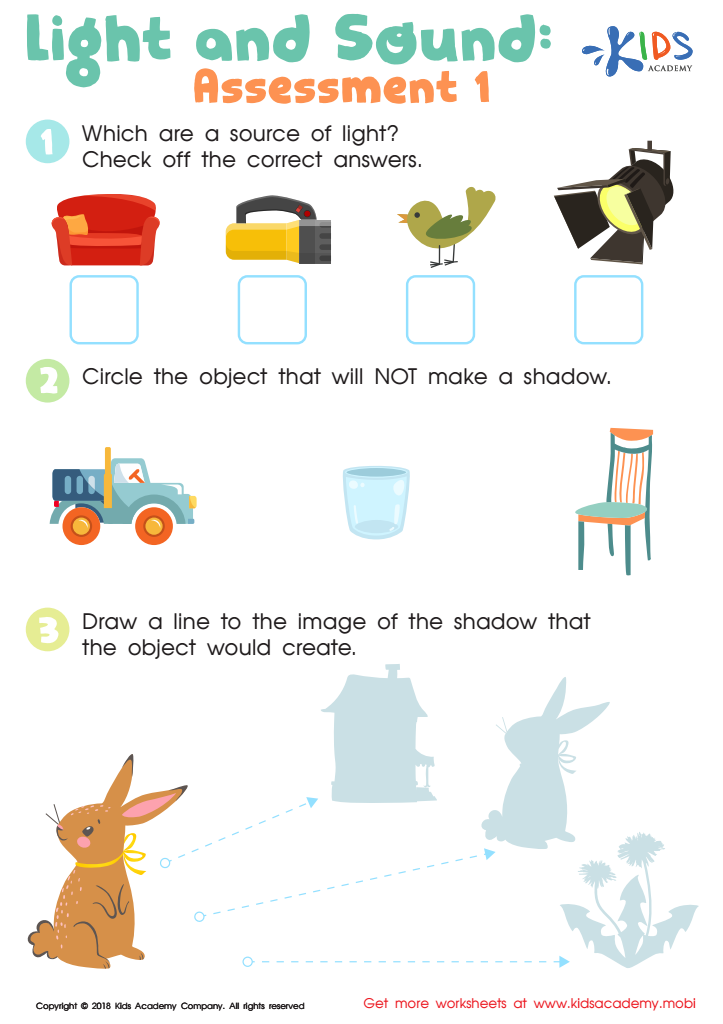

Light and Sound: Assessment 1 Worksheet
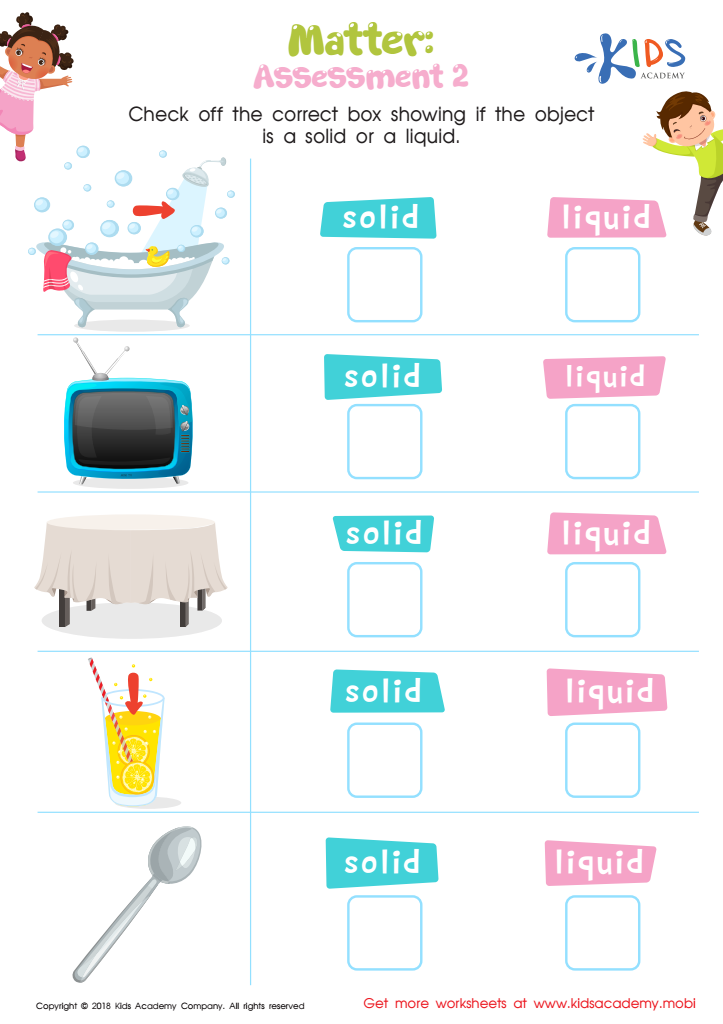

Matter: Assessment 2 Worksheet


Matter: Assessment 1 Worksheet
Science worksheets activities are an indispensable tool in the educational journey of students, providing a structured way to explore and understand the vast and intricate world of science. These activities serve as a bridge between theoretical knowledge and practical application, making learning an engaging and interactive process.
First and foremost, science worksheets activities foster a hands-on approach to learning. They encourage students to actively participate in their education, transforming passive listeners into active learners. This involvement is crucial in science education, where understanding often comes from doing. By engaging with experiments, puzzles, and exercises on paper, students can visualize concepts, see the outcomes of theoretical principles, and grasp complex ideas more concretely.
Moreover, these activities cater to diverse learning styles. Whether a student is a visual, auditory, or kinesthetic learner, science worksheets can be adapted to meet their needs. Diagrams, charts, and illustrations support visual learners, while written explanations and summaries benefit those who learn best through reading. For kinesthetic learners, many worksheets incorporate activities that require movement or crafting models, making science both accessible and enjoyable for everyone.
Science worksheets activities also facilitate critical thinking and problem-solving skills. By presenting students with real-world science problems and scenarios, these worksheets challenge them to apply what they've learned, analyze data, and draw conclusions. This not only deepens their understanding of scientific concepts but also prepares them for future challenges by honing their analytical skills.
Furthermore, these activities offer the flexibility of individual or group work, promoting both independent learning and collaboration. Students can work through worksheets at their own pace, allowing for personalized learning experiences. Alternatively, group activities foster teamwork, communication, and the exchange of ideas, enriching the learning process through shared insights.
In summary, science worksheets activities are invaluable in the science classroom. They make science accessible and stimulating, encourage active participation, cater to various learning styles, and develop critical thinking and collaborative skills. Through these activities, learning science becomes a dynamic and enriching experience.

 Assign to My Students
Assign to My Students




.jpg)
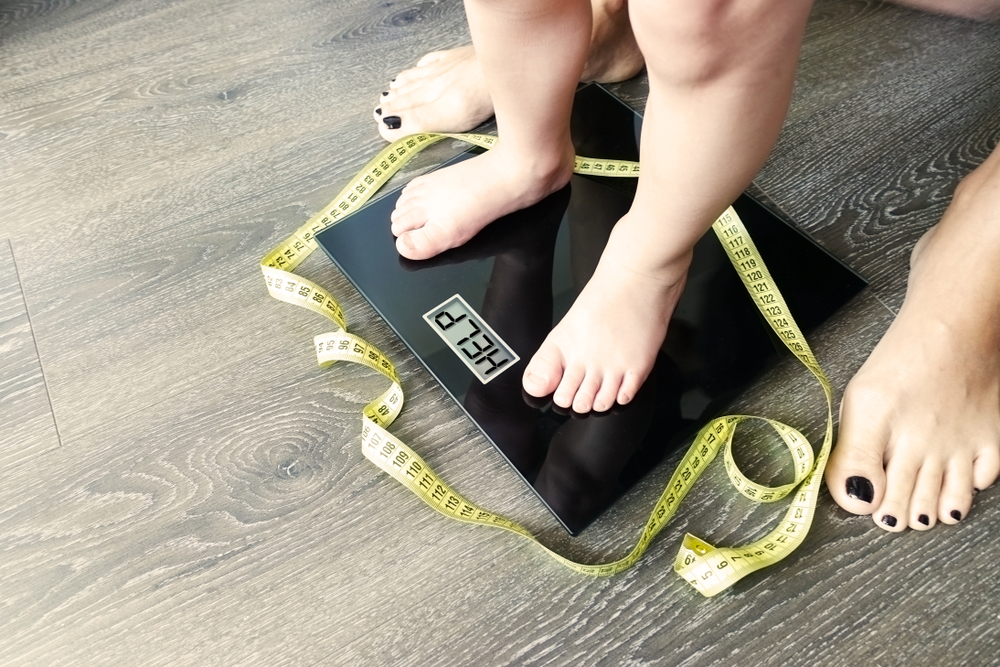

.jpg)









